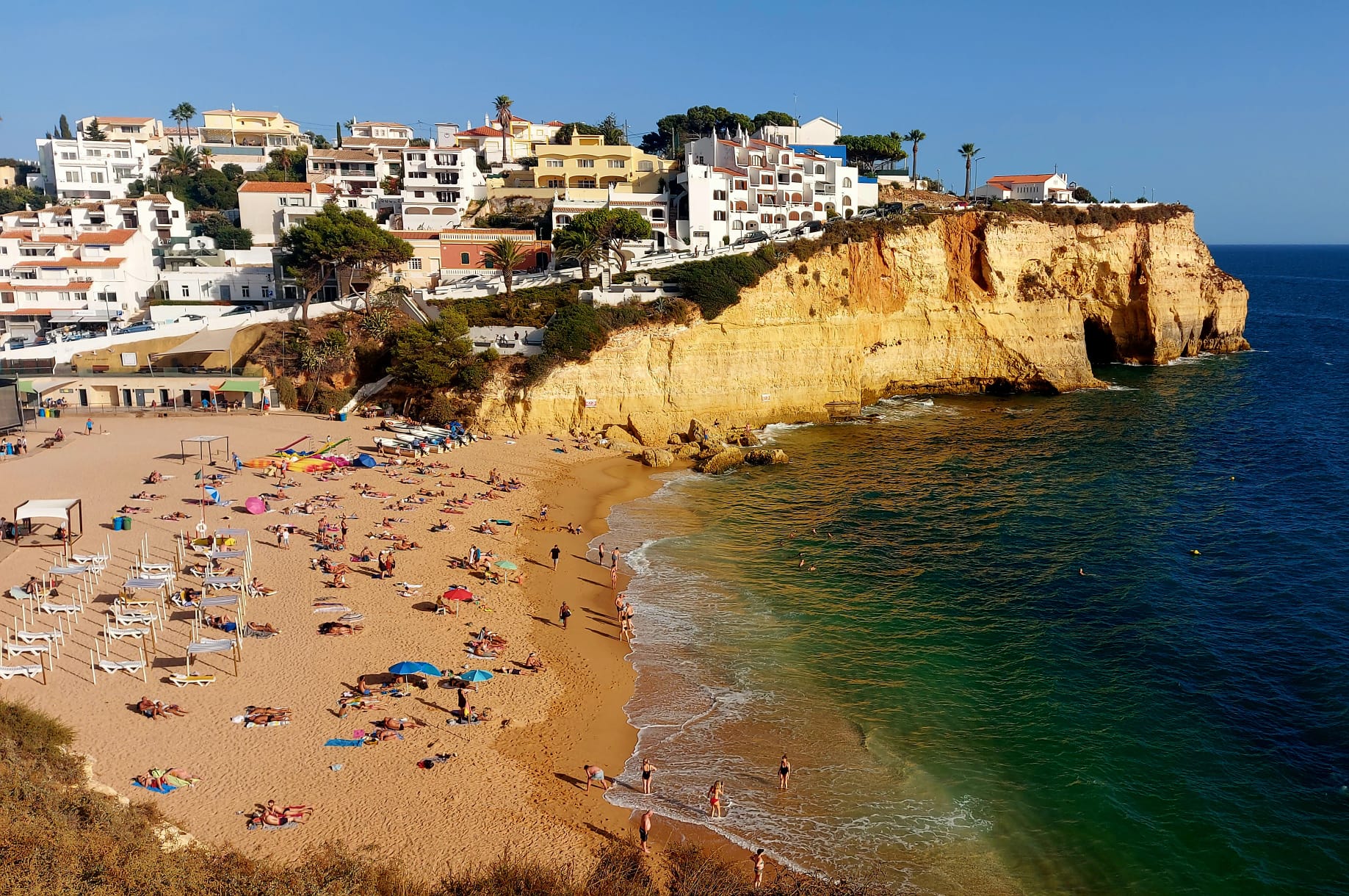Lagoa council and GNR police have signed protocol and are awaiting the green light from the government to set up cameras
The municipal council of Lagoa and GNR police have signed a protocol to install a CCTV surveillance system in the popular coastal town of Carvoeiro.
“This initiative is extremely important for the safety of the local population and the town’s many visitors and represents a decisive step towards preventing and fighting criminality,” the council said in a statement announcing the news this morning.
Cameras will be set up in “strategic areas”, such as the main roads in and out of the town or its main tourist hotspots, “guaranteeing constant surveillance of public areas.”
The image monitoring centre will be located at the local GNR station, allowing for a “quicker and more effective response” in the event of incidents.
The costs of installing and maintaining the CCTV system will be “entirely covered by the municipal council of Lagoa,” it says in the statement, without clarifying how much is being invested. However, the cameras will only be set up after GNR police formally lodge a request with the Ministry of Internal Administration and receive the green light.
Lagoa mayor Luís Encarnação has stressed the vital role that he believes the system will play in the safety of Carvoeiro’s residents and visitors.
“This is an important step towards ensuring the peace of mind and well-being of those who live in and visit Praia do Carvoeiro. Our commitment to safety is a priority, and with this video surveillance system, we are strengthening our ability to intervene and prevent potential illicit behaviour,” he said. “Collaboration with the GNR is fundamental to achieving this goal, and we are awaiting approval from the Ministry of Internal Administration (M.A.I.) so that we can proceed with the system’s installation as soon as possible.”
GNR’s district commander, Coronel Marco Henriques, also highlighted the importance of this partnership and the “positive impact” that the CCTV system will have in the “prevention of crimes and protection of the community.”
Last year, residents and businessowners in Carvoeiro banded together and launched a petition calling for more policing after complaining of a “group of drug dealers” who were “constantly harassing tourists, even in broad daylight.”
The local council recognised the issue and said at the time that it was developing a project to set up CCTV in many parts of the borough, including Carvoeiro, as a means of dissuading potential criminal activity.

























